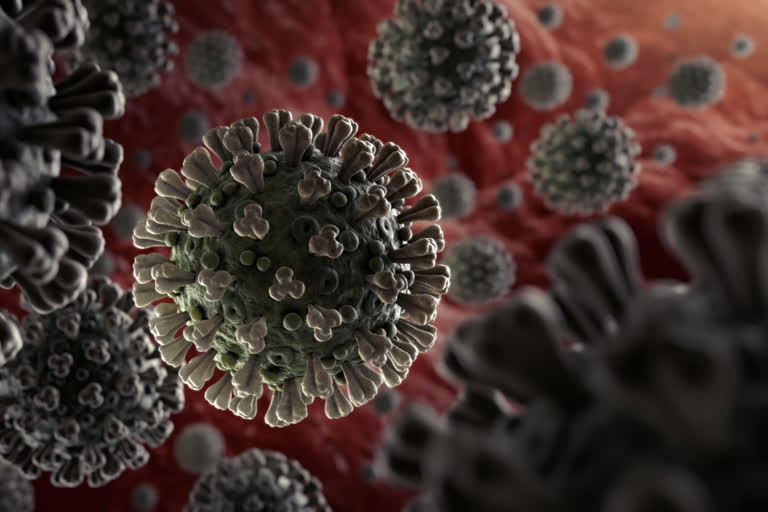Hyderabad: Thank god, the vaccine is finally available. Even the cases are decreasing. Bye-bye COVID-19! Even before we could heave a sigh of relief like this, the second wave has turned rampant. Experts say that 95 per cent of the infected at this point in time show no visible symptoms. This is the main reason behind the virus’ outrageous spread.
On the other hand, people are brushing off common flu symptoms and minor ailments. This negligence is another reason for the current surge in cases. In fact, the virus is infecting our body without our knowledge. So, what are the exact symptoms to look out for? What changes in our bodies must be taken seriously? When should we go for testing? In order to get clarity, read on to know what health experts have to say.
Also read:Amid spike in Covid-19 infections, Bharat Biotech to boost vaccine production
In those with strong innate immune systems, the impact of the COVID-19 virus is usually negligible. But in few persons, symptoms like common cold, cough and fever could indeed be coronavirus infection. They are neglecting these ailments without getting the right treatment. Few others are dismissing the medical claims about the link between the severity of the infection and comorbidities. All three factors are responsible for the rapid rise in case toll. However, healthcare professionals have picked out the symptoms to watch out for. That way, people can follow the testing, isolation and treatment protocol.
Red or bloodshot eyes
Generally, red, swollen, itchy and watery eyes are attributed to eye allergies or infections. We tend to neglect these signs accompanied by headache or fever as common eye ailments. But experts warn that reddened eyes alongside minor ailments like a headache could possibly be a COVID-19 infection. So, it is better to rush and get tested.
Also read:DRDO RCI develops 'touch-free' UVC sanitizer, can deactivate viruses without chemicals
Forgetfulness
Several scientific studies have identified that the novel coronavirus affects not just the lungs but any part of the body. In fact, there have been cases of its negative impacts on the brain. Reduced attention span, forgetfulness, anxiety and concentration difficulties are the red flags to watch out for. At the onset of these symptoms, it is highly recommended to exercise caution.
